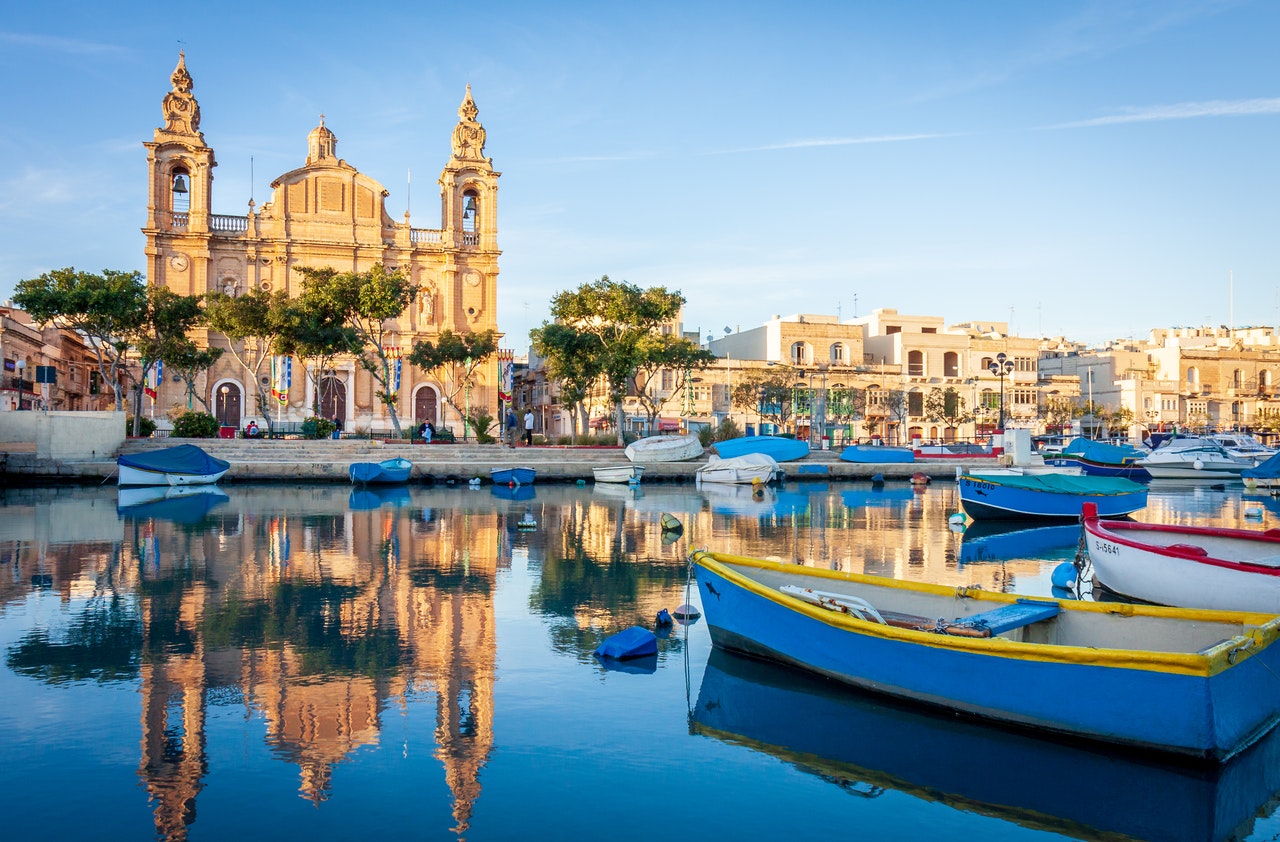Introduced in 2021, the Nomad Residence Permit (NRP) allows holders to maintain their employment in another country while legally residing in Malta.
Essentially, the NRP is tailored to the needs of digital workers who engage in location-independent remote work. Its headline attraction is that it allows non-EU nationals to live in a European country and take advantage of the Schengen Area’s free travel rules.
With a low application fee, conditions that are easy to meet, and processing time of around a month, the Nomad Residence Permit immediately caught the eye of savvy world citizens drawn to Malta’s excellent internet speeds and island lifestyle, with a majority of the applicants so far hailing from the US and post-Brexit UK.
Today, the country can boast of a growing digital nomad community with dedicated co-working spaces and frequent fun networking events.
NRP tax implications
Holders of a Nomad Residence Permit are not subject to income tax in Malta. Since the nature of their stay is temporary, applicants declare that they will be paying income tax in their home countries.
NRP eligibility criteria
Nationality: Applicants must be citizens of a country that is not in the EU or EEA, and cannot be Swiss. They also cannot be citizens of countries currently subject to international sanctions. It is recommended to refer to the NRP FAQ on the Residency Malta website for an up-to-date list of such countries.
Nature of work: NRP applicants cannot work with or for a Maltese company, and cannot offer their services locally. They must show that they fall into one of three categories:
- They work for an employer registered in a foreign country and have a contract of work;
- They are a partner or shareholder in and conduct activities for a company registered in a foreign country; or
- They offer freelance or consulting services under contract to clients whose permanent establishments are in a foreign country.
Income: Applicants must be able to prove that they earn a gross monthly income of €2,700. It is important to note that unmarried couples must present proof that they have been together for at least two years for the partner of the main applicant to be considered eligible as an accompanying family member.
Background check: Applicants must have a clean criminal record, and must not pose any threat to national security, public policy, public health, or public interest.
NRP application
Application and duration: NRP applications can be submitted directly by the applicants themselves to Residency Malta, the agency operating the scheme. The permit is valid for up to a year and is renewable for up to three years.
Property: Applicants must present a valid rental or purchase agreement upon approval of their application.
Application fee: Each applicant must pay a non-refundable administrative fee of €300. This only covers the particular individual, so the same fee applies to each dependent. Permit renewal requires the resubmission of this fee.
Visa requirements: Successful applicants who do not require a visa can proceed to Malta upon approval, but citizens of over 90 countries do require a visa to enter Europe. These include, among others, China, India, Turkey, Pakistan, Nigeria, Qatar, Saudi Arabia, and Kuwait. Applicants from these countries must obtain a national visa from the state-run Identity Malta agency before travelling to Malta.
Applicants must also be in possession of a valid travel document, comprehensive health insurance, and, when travelling across Schengen, must take out travel insurance.
More information about the Nomad Residence Programme can be found on the website of its operator, Residency Malta, a dedicated government-run agency.
This feature was first carried in the Malta Invest 2023 edition. Malta Invest is the first-ever comprehensive international investment guide focusing on Malta as a destination. It is produced by Content House Group.
Employers take umbrage at video promoting public sector’s flexible work arrangements
The video outlines a range of flexibility options available to public sector employees
Malta’s inflation eases to 2.5% in January as food prices remain main driver
While overall inflation continued to moderate at the start of the year, price pressures remain uneven across categories
Final call for food and beverage manufacturers to exhibit at SIAL Paris
SIAL Paris is one of the world’s leading international food and beverage exhibitions






